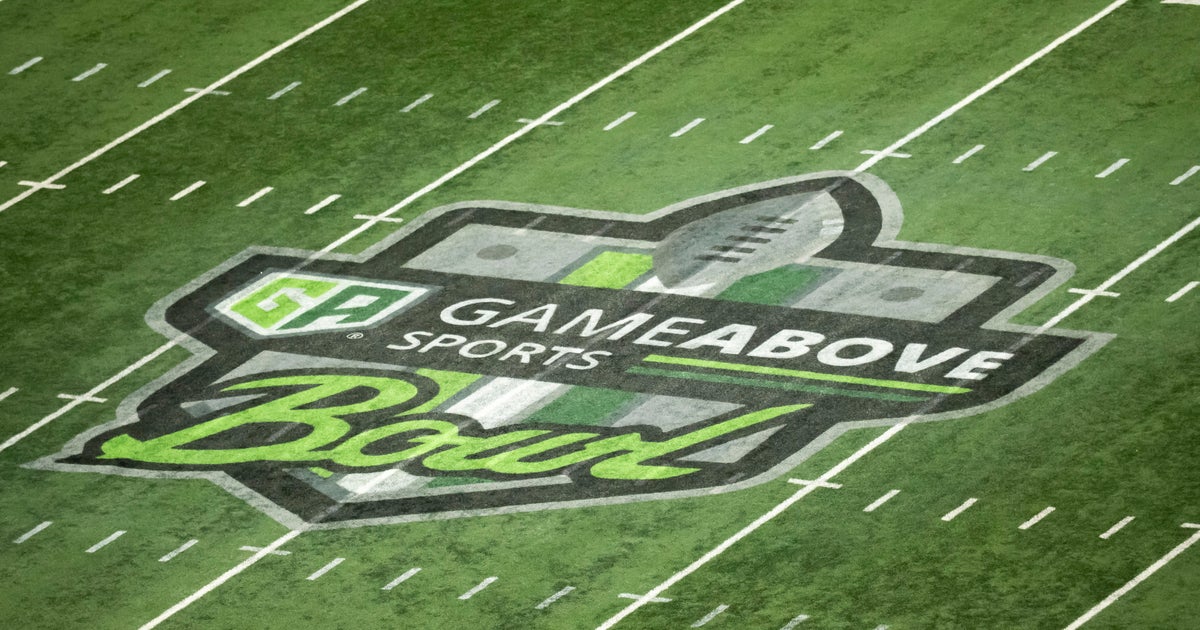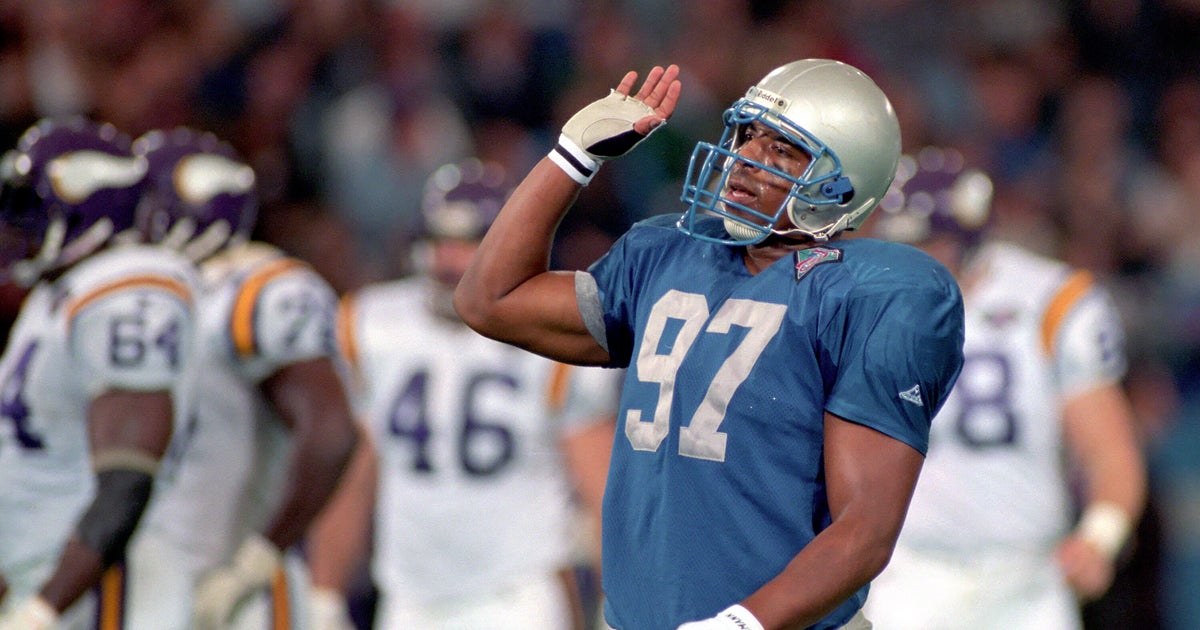4-1-Zoo: Can The Backyard Brawl Be Saved?
PITTSBURGH (93-7 the FAN) -- With Pitt announcing it will leave for the Atlantic Coast Conference over the weekend, many fans of the Panthers and West Virginia Mountaineers have started to worry whether their rivalry, the Backyard Brawl, will cease to exist in the future.
Quite simply, it could.
West Virginia is searching for a place to land, while Pitt joins a conference destined to expand to 16 schools. The makeup of each conference Pitt and WVU end up in will most likely determine the longevity of this rivalry.
There's just so much up in the air. Nobody knows exactly how conferences will look in five years. In turn, nobody knows what rules will govern those conferences and how schedules will shape out.
Here's my guess…
Pitt and West Virginia will play each other for as long as Pitt remains in the Big East — it could be as short as a year or as long as 27 months. After that, both will almost surely stop playing each other for a period of time.
Both schools have non-conference agreements with other teams around the country that have to play out. It will be difficult for the Brawl to exist while adjusting to a new conference schedule and sticking with those previously determined match ups.
Once that adjustment period plays out I see few reasons why Pitt and West Virginia can't continue their rivalry. Both schools will likely agree to make it a priority to play each other. There is too much history there and it's become too valuable of a recruiting tool in this region to let slip away.
Pitt already lost its top rival, Penn State, to a multitude of issues that some still can't directly pinpoint. The last thing it wants to do is have that happen again. As for West Virginia, the Mountaineers have only ever had Pitt as an 'arch rival.'
West Virginia is rumored to be a target for SEC expansion. It could also very well end up in the Big East/Big 12 merger if such a situation takes place. Either way, I don't see an issue with the rivalry continuing.
The SEC and ACC have rivalries with rich histories that play out every year: Florida-Florida State and Georgia-Georgia Tech are prime examples. The Big East/Big 12 would be an 11-team league that grows to 12 in 2012 with TCU's arrival, which should allow for ample non-conference opportunities.
The one issue that I see with the Backyard Brawl continuing revolves around exactly what a superconference will be? Many say college football will operate as four 16-team superconferences in the future. If that's the case, non-conference games on the schedule may decrease.
A 16-team conference is likely to be split into two eight-team divisions. So you'd play seven divisional opponents every season along with a set number of cross-over games. That could result in as many as 10 conference games a year.
In that scenario it's hard to see a Pitt-WVU game to happen on a yearly basis. With non-conference games so limited, Pitt and WVU will have to keep its options open.
Teams make a lot of money traveling to play games. They also like to provide themselves tune-up opportunities, which we see right now with BCS conference teams playing non-BCS and FCS opponents.
Pitt and West Virginia will both be forced to look out for their own best interests, and continuing the rivalry every year may be impossible.
In this scenario, I can still see the two playing. It would be on a much more sporadic basis, though.
Time will tell and it's impossible to predict how superconferences will look and operate down the road.
Who knows? With all the money grabbing going on, the schedule could include more regular season games in the future as well, which could provide for a long and hateful future for the Backyard Brawl.
--
Chris Gates | Area 4-1-Zoo Blog
Twitter.com/Chris_Gates
Chris.Gates@cbsradio.com







